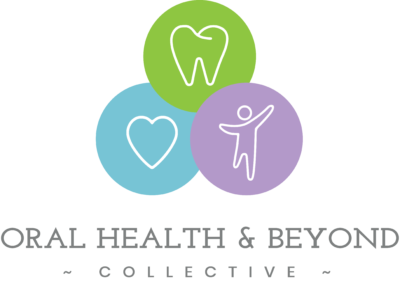
Jaw Play for Toddlers
What is Jaw Play?
At KIDS we are able to assess your child’s jaw and facial development from a young age. We are able to pick up on incorrect rest posture and/or swallowing patterns from infancy. Obviously, this age is too young for us to carry out an OM program as it relies on your child’s cooperation and compliance. However, we believe that the earlier these issues are addressed the better chance your child has to achieve optimal development as they grow.
How can we help?
Proper growth and development are facilitated by the parental provision of good and appropriate feeding and mouthing experiences. To help you, we can provide some fun and simple strategies for you and your child to implement at home. That way you have an understanding of what to look out for as they grow. You may even find the strategies apply to other members of the family as well.
We recommend coming in for 3 monthly visits so that we can help to monitor your child’s development and incorporate new activities as they master new skills, therefore ensuring that they are reaching developmental milestones and receiving appropriate mouthing skills to achieve optimal health and well-being.
This can be carried through until approx. 4 years of age when they are then able to progress onto further treatment (if required) and ensures that we are monitoring their development during those crucial years of growth.
What else should I know?
At KIDS we strongly agree that prevention is better than a cure. Therefore we recommend that you;
- Breastfeed at least through the first year,
- Get tongue and lip ties revised as early as possible,
- Do daily tummy time for at least 15 minutes per time,
- Throw out the pacifier by 4 months old, and before that age, only allow pacifier use during bedtime,
- Encourage babies to chew (as long as safe) while teething (this is very important and assists with developing a mature swallow),
- Use ONLY straw-based sippy cups or preferably use an open cup, and
- Monitor your children for chronic nasal congestion, treating as needed to prevent mouth-breathing habits.
To be clear, while bottle-feeding does influence orofacial myology, disorders are more likely due to long-standing, excessive pacifier use, thumb-sucking, and chronic nasal congestion especially due to untreated allergies. Sometimes no cause can be found. Genetics and nutritional deficiencies may also be contributing factors.
We love helping to grow healthy, happy little faces. Call us today to book in for an appointment for your little one.



